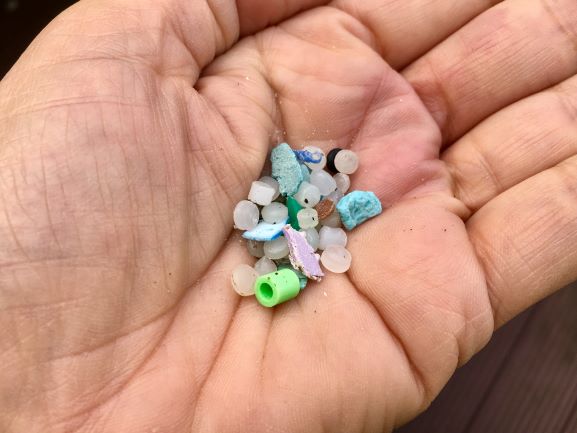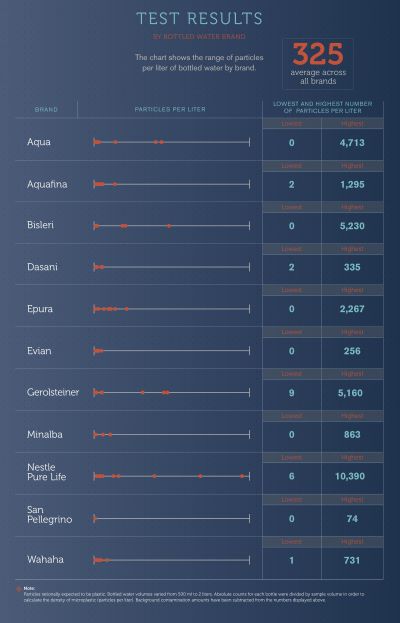

Plastic pollution has become so widespread in the environment that you may be ingesting five grams a week, the equivalent of eating a credit card, a study commissioned by the environmental charity WWF International said on Wednesday.
If we don’t want plastic in our bodies, we need to stop the millions of tons of plastic that continue leaking into nature every year– Marco Lambertini, WWF International Director General.
The research, by University of Newcastle in Australia, suggests that people are consuming about 2,000 tiny pieces of plastic every week — amounting to about 21 grammes a month, just over 250 grammes a year. The study, commissioned by World Wildlife Fund (WWF), is the first to combine data from over 50 studies on the ingestion of microplastic by people.
“These findings must serve as a wake-up call to governments. Not only are plastics polluting our oceans and waterways and killing marine life — it’s in all of us and we can’t escape consuming plastics,” said Marco Lambertini, WWF International Director General.
“While research is investigating potential negative effects of plastic on human health, we are all clear that this is a worldwide problem that can only be solved by addressing the root cause of plastic pollution,” Lambertini said.


The study said the largest source of plastic ingestion was drinking water, but another major source was shellfish, which tended to be eaten whole so the plastic in their digestive system was consumed too. The average person could be consuming 1,769 particles of plastic every week from water alone, it said. The amount of plastic pollution varies by location, but nowhere is untouched, said the report, which was based on the conclusions of 52 other studies.
Large regional variations are reflected again, with twice as much plastic found in the US or India than in European or Indonesian water.
In the United States, 94.4 percent of tap water samples contained plastic fibres, with an average of 9.6 fibres per litre. European water was less polluted, with fibres showing up in only 72.2 percent of water samples, and only 3.8 fibres per litre.
Leakage of plastic into our environment and food chain has been met so far with an inadequate global response by governments.
“While the awareness of microplastics and their impact on the environment is increasing, this study has helped to provide an accurate calculation of ingestion rates for the first time,” said Thava Palanisami, a microplastics researcher at the University of Newcastle.
Ingestion is just one aspect of a much wider plastics crisis. Plastic pollution is a major threat to wildlife, not only through microplastic ingestion but via entanglement and habitat destruction.
Houston headquartered Syzygy Plasmonics has announced the beginning of Front-End Engineering and Design (FEED) with…
State owned THDC India Limited (THDCIL) has announced the successful commencement of COD process of…
The Uttar Pradesh government is preparing to launch the Uttar Pradesh Sustainable Aviation Fuel (SAF)…
India’s cooperative sugar industry is urging the government to revise ethanol procurement prices and extend…
The Indian Biogas Association (IBA) has announced a key step taken to boost biofuels sector…
In a key development that would bolster the development of green hydrogen in the North…